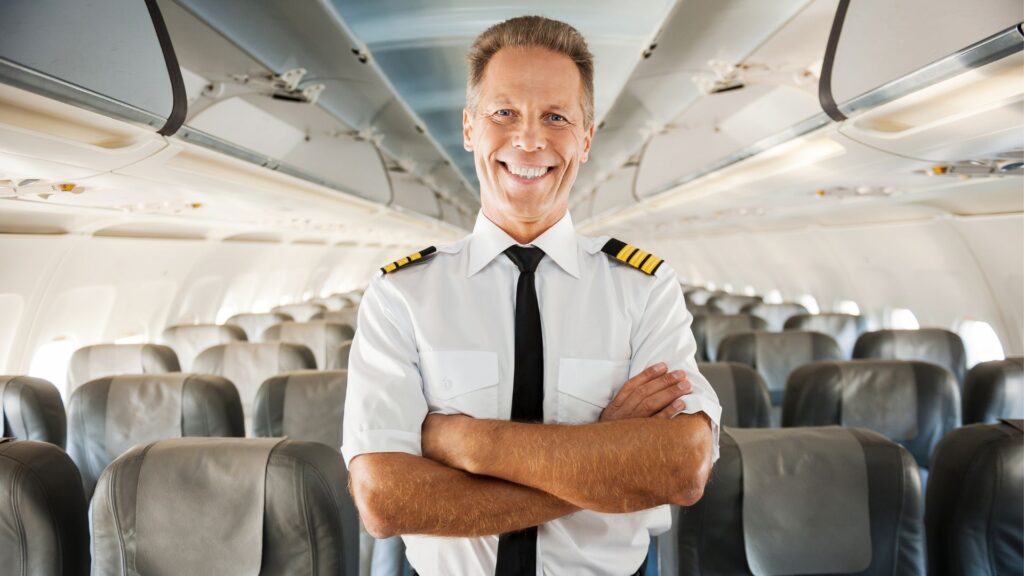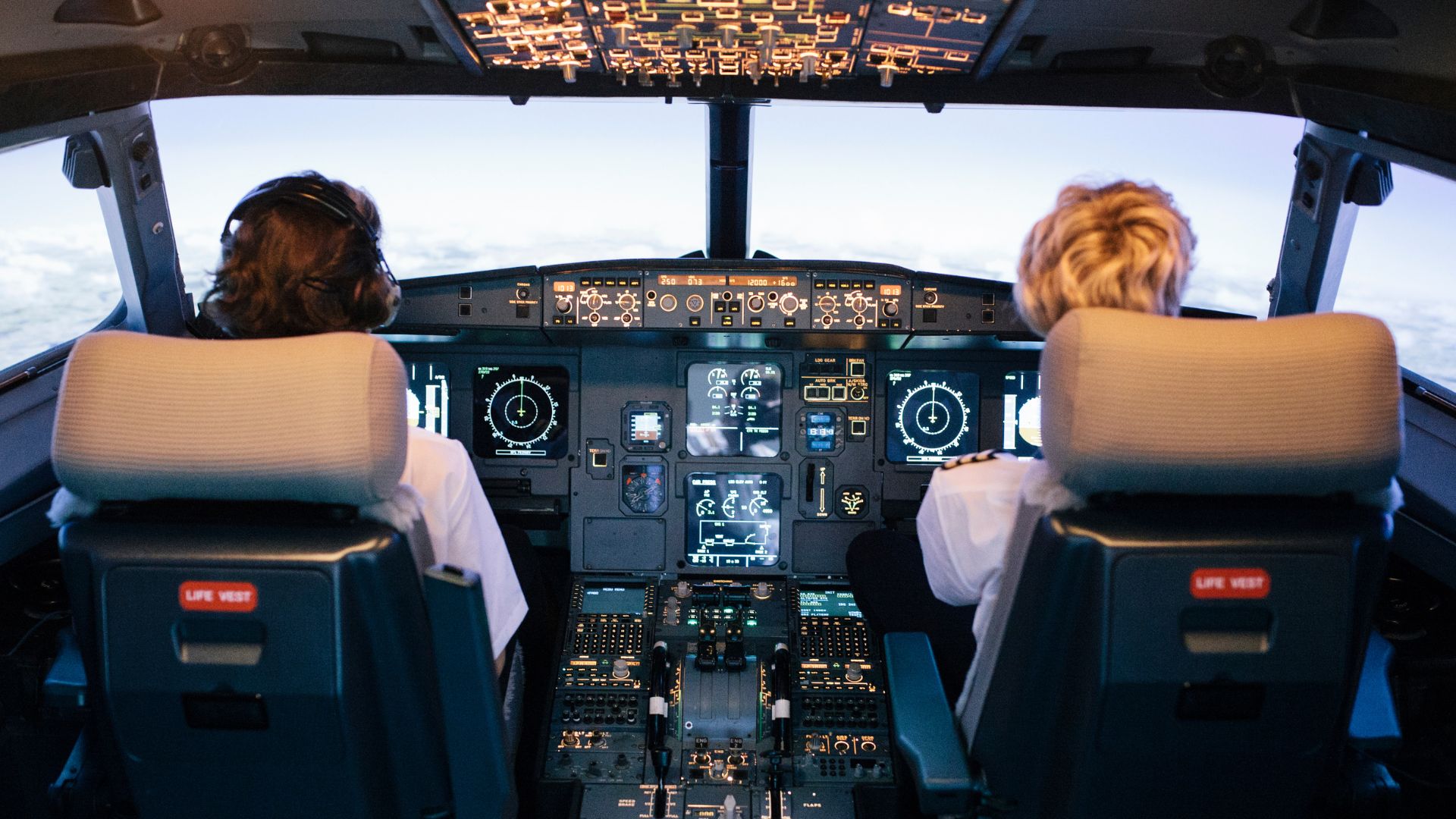

JOB DESCRIPTION FOR AIRLINE PILOTS
The role of an airline pilot is demanding and crucial for the safety and efficiency of commercial aviation operations. Airline pilots are responsible for the safe operation of the company’s aircraft, in accordance with company rules, federal aviation regulations, state laws, and municipal guidelines. They must operate the aircraft while strictly adhering to safety protocols and operational procedures, ensuring the smooth progress of the flight from takeoff to landing, and managing critical phases with precision and calm. Before each flight, they analyze flight plans, weather forecasts, and flight conditions, calculate fuel requirements, and verify necessary flight documents. Effective communication with air traffic controllers, crew members, and ground services is essential, as is coordination with the co-pilot and other crew members. Airline pilots must be capable of responding quickly and effectively to technical issues, adverse weather conditions, or other emergency situations, following emergency procedures to ensure the safety of passengers and crew. In addition to these responsibilities, they regularly participate in training and simulations to maintain a high level of skill and knowledge of aircraft systems, and stay informed about new regulations and technological advancements in aviation. Pilots may also be assigned additional responsibilities as needed by the company, including administrative tasks, training sessions for other pilots, or mentorship roles, and alternate between the roles of Pilot Flying (PF) and Pilot Monitoring (PM) depending on the flight.
MAIN OBJECTIVES
- Prepare the flight (route to follow, weather, fuel calculations, etc.).
- Check the condition of the aircraft and all operating systems.
Crew briefing. - Pilot the aircraft, checking direction, altitude and instruments.
- Maintain constant contact with air traffic control.
- Regularly inform passengers of flight progress.
- Handle emergencies (breakdown, turbulence, passenger medical concerns, etc.).
- Complete on-board documents.
- Debrief after the flight with the team.
SKILLS AND QUALITIES REQUIRED OF AIRLINE PILOT
- Thorough knowledge of aviation regulations
- Ability to use communication tools and flight instruments
- Be rigorous and focused
- Ability to manage stress in all situations.
- Good analytical skills and ability to make quick decisions.
- Ability to work in a team
- Sense of responsibility and safety.
QUALIFICATIONS REQUIRED
- High school diploma, preferably scientific.
- Training at an accredited flight school (ENAC in France, for example).
- Airline Transport Pilot License (ATPL).

